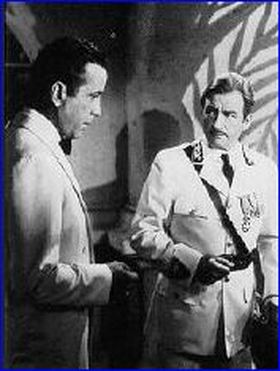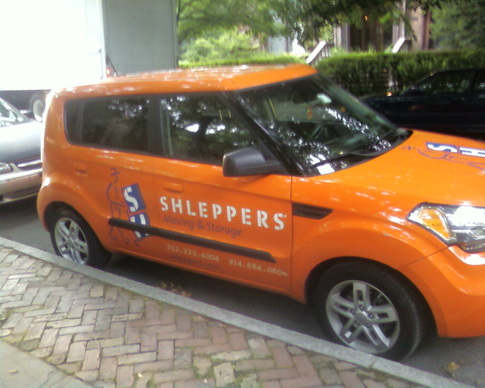
We starting using (and appreciating) the club when looking for summer camps. When everything else was amazingly expensive and had all these rules about changing your plans ($$), St. Albans was running weekly camps for a budget conscious amount which you could cancel or transfer as needed, the money would go toward your next need (such as swimming lessons or daycare). We never used the day care, but the after school programs, one per day (you pick and choose, and FREE) were lifesavers more than once. Not to mention they walk your kid over from school. Like I say, we lucked out.
When I developed the Thinking Skills Club, I didn't exactly know where it would fit into the world. Would teachers be able to use it in the classroom as a supplementary activity? Would they have money to pay for it? Would parents buy memberships for their kids on an ad hoc basis, if the kids didn't ask for it? Maybe the site should run on donations, or build traffic while free and then try and find advertising. But I didn't want advertising. I had thought of community centres as one option, but didn't know that world and was nervous about approaching them. When my wife pointed out that the programmer at St. Albans was someone I knew, I decided to go over and see what came of it. To my delight, she was very receptive to the idea of using the club, and it seemed to fit in not only as an after-school but as a possible camp activity as well. With that encouragement, I started calling the other B&G's in Toronto, and then broadened it out to Ontario B&G's. I found the clubs very approachable and eager to hear about a new program that served their computer literacy goals but also had a larger purpose. They could tell it was something the kids would enjoy and also that it could benefit them. Those that had computer rooms were encouraging, those that didn't gave me the names of others. All in all a very positive and confidence-enhancing sales experience.
When I reflect on it, it makes sense that this should be where it would live. After all, it was developed in an after-school context, so it works best that way. Meanwhile, having it in the clubs is an ideal way to reach teachers and parents teachers, who are always interested in new things that have some kind of track record (as a parent, this goes for me, too).
Anyway, the reason for this blog entry is that yesterday one of the GTA B&G's called to say they wanted to put the club into 8 of their school locations. I'm very gratified to have created something that they feel will be useful, and happy that the B&Gs will be the first ones using it. It's also bodes well for the future of the Thinking Skills Club, i.e., it can have a future, instead of being just one more idea that never found its niche. So thank you Boys and Girls. To paraphrase Humphrey Bogart, this could be the beginning of a beautiful relationship.




 RSS Feed
RSS Feed